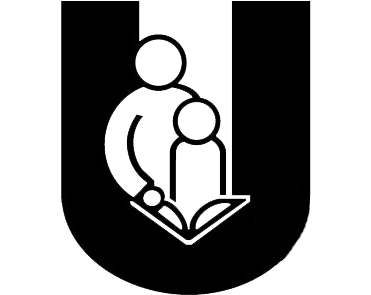CASE AUDIOLOGY
About CASE Audiology
Hearing problems are common among children. Research has indicated that even a very mild hearing loss or fluctuating hearing can interfere with a child’s ability to learn. Local schools have responded to this need by providing audiological diagnostic services through CASE Audiology at no direct cost to the child’s family.
CASE Audiology is a cooperative program among all school districts in Champaign, southern Iroquois, and Ford counties. Any child in this area is eligible for a hearing evaluation from birth through graduation from
high school.
WHY CASE AUDIOLOGY?
- No direct charge to families! We also have an open referral policy so families can directly contact us to make
an appointment. Sometimes a school team may request testing due to other assessments they are doing. Other agencies can also make referrals. - We’re easy to get to! Located in the Champaign Early Childhood Center, there is ample free parking that is close to our entrance.
The testing we do focuses on the impact of hearing status on access to education. In our office and sound booth, we use age-appropriate audiological measures such as:
- Threshold audiometry
- Goal: Finding the softest level that a child can hear at different pitches using sounds like beeps or pitch-specific noise
- Depending on age, the student may wear headphones or listen through speakers
- We assess whether the hearing loss is more fluctuating, temporary or permanent
- Speech audiometry
- Goal: Finding the softest level that a child can hear and repeat back words accurately
- We want these results to be at similar levels found in threshold audiometry
- Speech perception testing
- Goal: Determining the percent accuracy that a child can hear a word or sentence and repeat
it back correctly - These tests look at how a child may function in the classroom setting with and without personal amplification, if applicable
- We test at levels and in conditions that are most like a classroom setting
- Words/sentences may be presented in a quiet setting or with competing background noise
- Goal: Determining the percent accuracy that a child can hear a word or sentence and repeat
- Tympanometry
- Goal: Check for conditions such as fluid, ear infection, wax blockages and adequate eardrum movement
- Otoscopic exam
- Goal: Visual examination of the ear and ear canal to check for possible problems.
- In addition, we can also monitor and evaluation if a student’s personal amplification (e.g., hearing aids, cochlear implants, bone anchored devices) is working properly by using specialized equipment.
Collaboration is key and we exchange information and brainstorm with students’ clinical or hospital audiologists. While they may focus on more the medical aspect of a student’s hearing loss, we focus more on the educational impact of that hearing loss.
We also do assessments and provide services outside the booth:
- Classroom observations
- Goal: See how a student is doing in the classroom, identifying possible barriers and coming up with solutions
- Functional Listening Evaluation (FLE)
- Goal: Perform specific measurements in the student’s actual classroom to see how they might function in a variety of listening situations
- Administer questionnaires
- Goal: Confirm that what we’re doing is working in the classroom
- Teacher in-services
- Goal: Educate and inform teachers on best practices for working with students who are Deaf/Hard of Hearing
If a student needs an enhanced auditory signal, we have dedicated systems (“Remote Microphone Systems”) that we can evaluate, fit, provide, and maintain if the student qualifies and has had a trial period.
We also work very closely with our Teachers of the Deaf/Hard of Hearing and Supervisor of Hearing Services, who provide services to our students in the schools. We collaborate monthly or every other month (and often in between via email) to discuss students on our caseloads to ensure that they are getting what they need in the classroom.
Audiologists:
- Carolyn Hong, AuD chong@usd116.org
- Tina Childress, AuD, CCC-A tchildress@usd116.org
CASE Vision and Hearing Coordinator:
- Pam Duda, MS pduda@usd116.org
Secretary, Scheduling:
- Janina White jawhite@usd116.org

